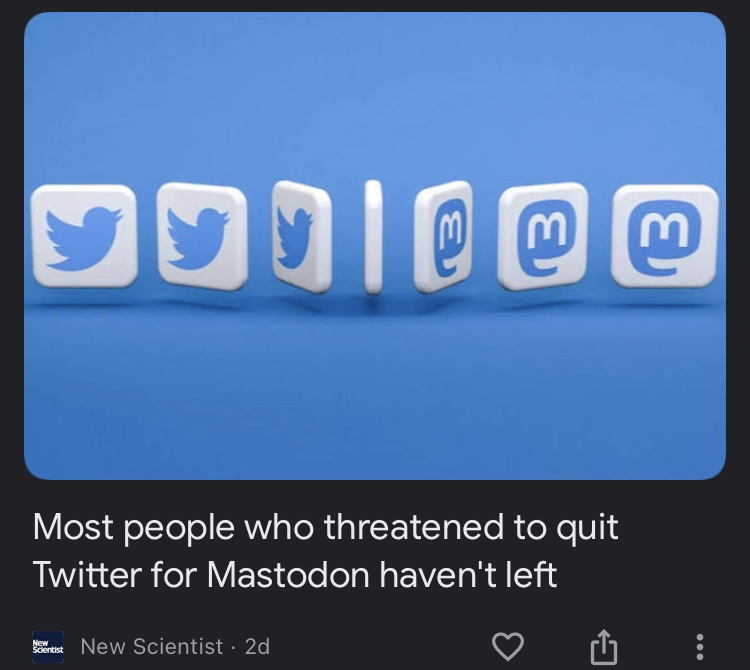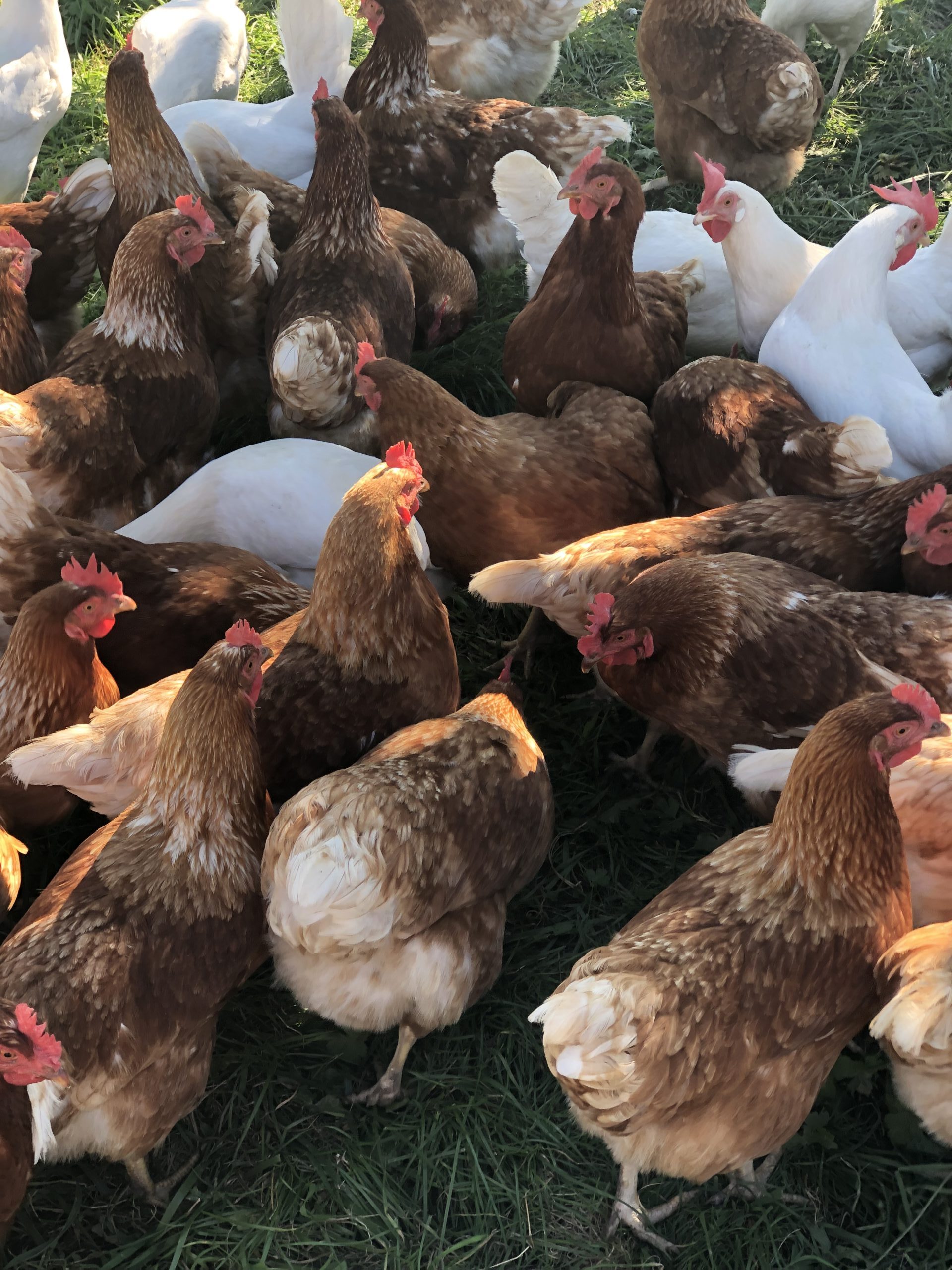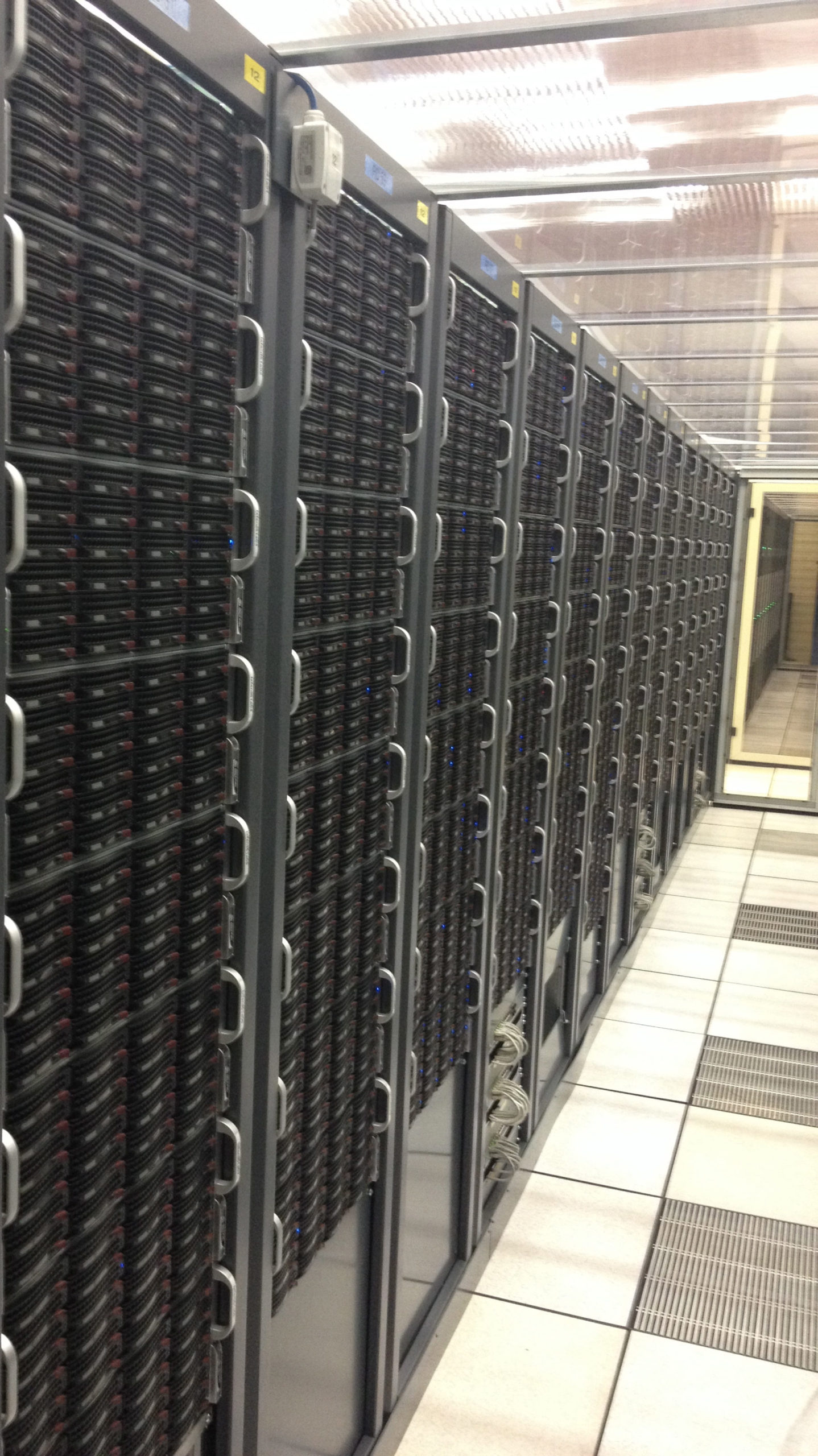Tag: blogging
-

One Hundred And One Blog Posts in One Hundred and One Days
Reading Time: 3 minutesI have written at least one hundred and one blog posts in one hundred and one days. During this time most blogs have gone by unread. Blogging could be seen as futile but it isn’t. Having the discipline to write every single day, despite having no inspiration is good. It forces us…
-
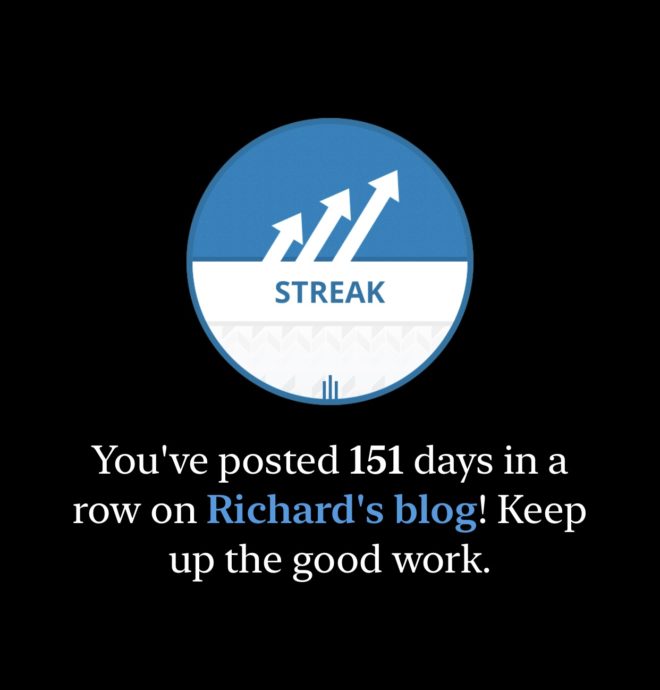
Blogging One Hundred And Fifty-Two Days In A Row
Reading Time: 2 minutesBlogging one hundred and fifty-two days in a row is an interesting challenge. It encourages you to think of something daily, for months in a row. It also forces you to have the discipline to sit and attempt to write for one or two hours a day, whether inspiration is there or…
-
Of Twitter Threads (mice) and Blog Posts (Humans).
Reading Time: 3 minutesWith the sentence “Of Twitter threads (Mice) and Blog Posts (Humans)” you’ll see that I’ve done two things. The first is that I’ve modernised a well-known book title to draw parallels with the practices of writing Twitter threads and blog posts. People write twitter threads because they think that it’s fast, convenient,…
-
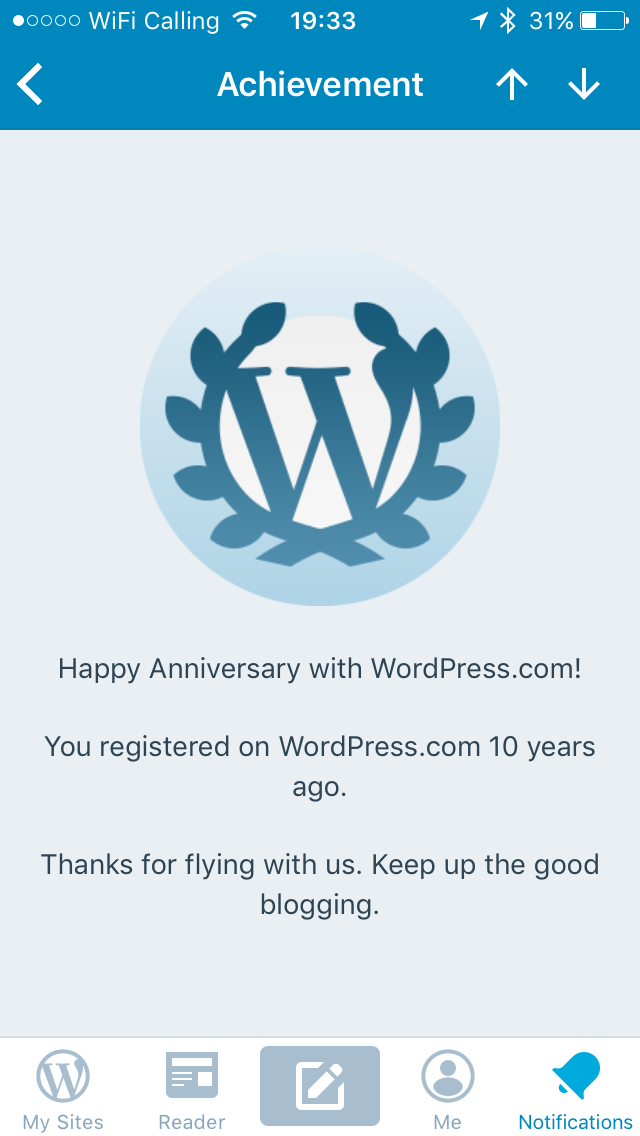
11 years of WordPress Blogging
Reading Time: 2 minutesAs serendipity would have it I have been a wordpress blogger for at least 11 years. As I was looking through notifications on worpdress.com I came across the notification below yesterday. As I searched for ideas for blog posts for today I came across an e-mail. On this day, eleven years ago…
